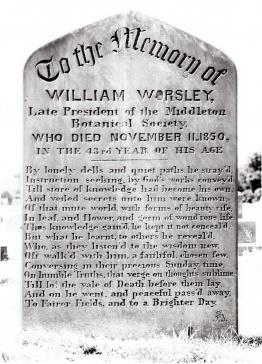This project draws together new research with previously published articles to explore how scientific knowledge often requires interaction between distinct groups of people who possess varying degrees of education, resources, and power. This is increasingly explored in colonial contexts, but a focus on nineteenth-century Britain, with its pronounced class divisions, brings many of these issues into sharp focus. Rather than seeing impoverished uneducated participants in science as lacking necessary expertise, this study will examine how skills acquired in the practices of everyday life or for purposes specific to the poor, enabled them to successfully contribute to the making of knowledge about the natural world. British artisans possessed acute visual skills developed through their craftwork, and some applied this observational expertise to the practice of botany. Their aims, however, in acquiring a knowledge of plants were often very different from those of learned botanists. These aims can be revealed by examining artisanal practices from evidence gleaned from apprentice books, textiles, gravestones, and other material objects, in contrast to the material forms that structured the practice of learned botany. The usefulness of artisans in the production of natural knowledge is evident from the publications of the scientific elite; less obvious are the efforts made by the scientific elite to ensure the continuation of working-class participation of this sort. An examination of the actions taken by men of science at times when artisans faced destitution show not only their value to knowledge production, but also why this value has been obscured in the historical record.

Gravestone in Middleton Churchyard, with a poem by radical and poet Samuel Bamford, commemorating the life of artisan botanist William Worsley.
Project
(2018)
